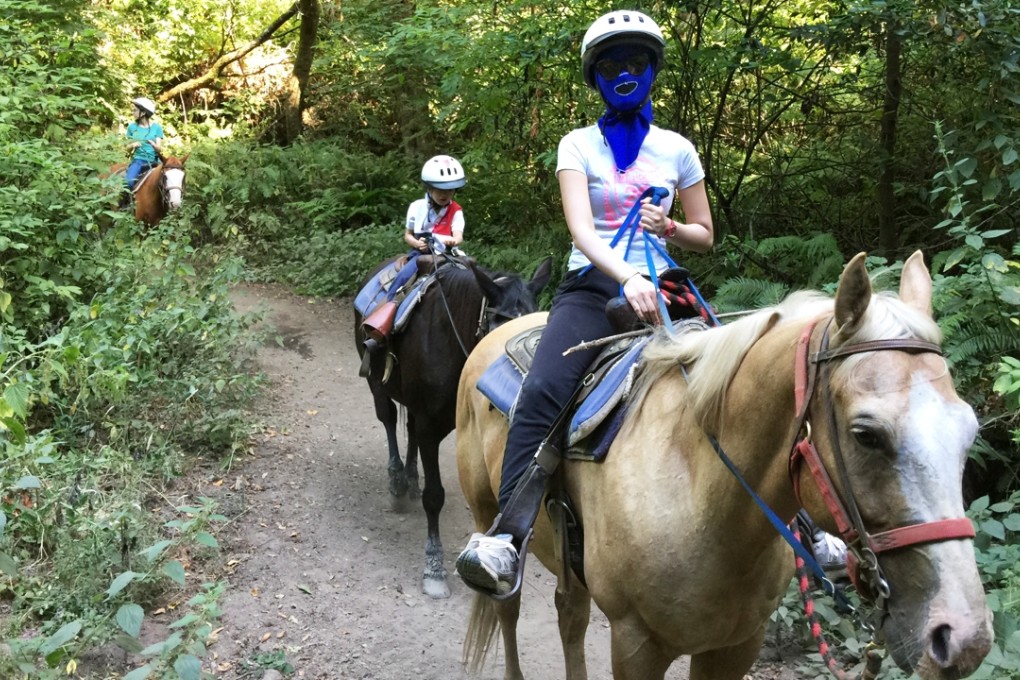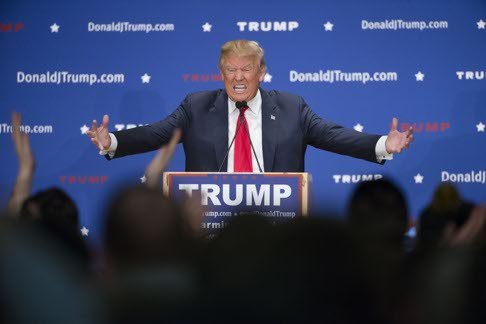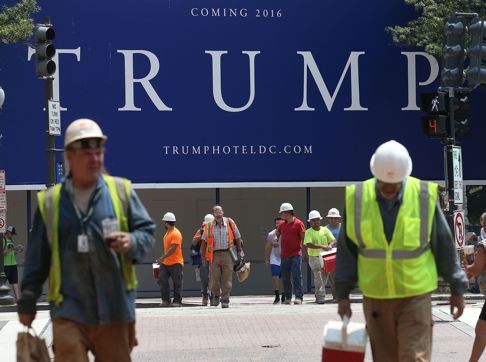In my facekini: How wearing a mask to shield me from the sun couldn’t protect me from racist America
Kelly Yang says her personal experience on holiday in the US has made her question the future of a nation that has welcomed immigrants for centuries and successfully profited from their skills and talent

Hate. Racism. Hostility. That’s what flew in my face this summer when I wore a facekini while on vacation in the US. A facekini, in case you are not familiar, is a tight lycra-blend mask, one which covers your entire face and neck. No more messy sunscreens! No more visors flying off in the wind! And while my facekini proved to be excellent protection from the blazing California sun, it failed to shield me from the torrent of racist comments, from “Look at that Asian freak!” to “If you don’t like the sun, why don’t you go back to where you came from?”

They were not feelings I expected to experience in the US, a place lauded for its tolerance and openness. I grew up there and remember always being accepted, even when I wore pyjama pants to school and had the haircut of a poodle.
Whatever the reason, I suddenly found myself on the receiving end of American xenophobia
So, who were these people, I wondered, as I peered out at them. Was it the mask? I’ll admit, I did look weird. But then again, this was the US. Being weird is practically a birthright in America, no?
As the questions swarmed in my mind, a little boy came running up to me. As soon as he saw my facekini, he told his mother he wanted one too. The look on her face was one of fear and disgust as she screamed, “Oh no you don’t! See that, son? That’s what our future’s going to look like if we’re not careful!” That’s when I started thinking that all that hate was not about my mask. It was perhaps about what was underneath it.

For centuries, America has successfully welcomed, leveraged and profited from the skills and talents of immigrants. That is the key to America’s success – not its capital or education system, but the fact that it is able to consistently attract the best people from around the world. For this to happen, America has built a culture of tolerance and acceptance, one which welcomes and appreciates diversity. If America were to lose this, or even the perception of this, it could set the country back in ways it couldn’t even imagine.